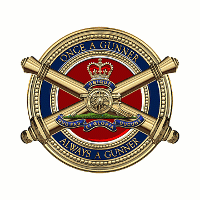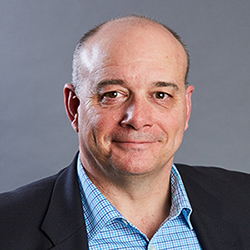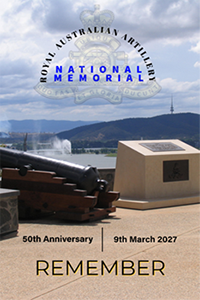Colonel Arthur Ronald Brown was born in Essendon, Victoria on the 16th October 1917. He won a scholarship to Essendon High and after completing his leaving certificate, had two jobs before applying and being accepted for entry to the Royal Military College (RMC), Duntroon. Arthur gained entry to one of the special short courses (12 months) introduced because of the imminent threat of World War Two.
His RMC number was 679 and he graduated on 12th December 1939. He was attached to Headquarters Southern Command located at Victoria Barracks Melbourne before being appointed an instructor at the School of Artillery located at North Head Sydney in July 1940.
Arthur joined the AIF (Regimental Number NX 70434) on 1st November 1940 on promotion to the rank of captain and was appointed Adjutant of the 4th Australian Anti-Tank Regiment, sailing for Malaya as part of the 8th Australian Division which became part of the forces captured by the Japanese. One of Arthur's lasting memories of this time was he had the task of writing the Unit War Diary during this period. Throughout the entire period of his capture from 1942 to 1945 Arthur's wife Edna received only two or three messages from him.
On return to Australia Arthur continued with his military career until 1964 when he retired following a military career that comprised a good mix of training, staff and command appointments. These appointments included a range of artillery staff appointments as a captain and major at Army Headquarters. Attendance at courses including Staff College as well as at the School of Artillery at Lark Hill in England. As a major he was an instructor at the School of Artillery at North Head along with an appointment as the personal staff officer to the Chief of the General Staff, Lieutenant General Sir Vernon Sturdee.
As a Lieutenant Colonel he held a range of staff appointments with Eastern Command at Victoria Barracks Sydney. Starting in January 1953 he had three command appointments in quick succession, firstly he commanded 25th Coast Regiment for three and half months, followed by command of the 12th National Service Training Battalion for five and a half months. Finally in October 1953 his regimental command opportunities culminated with the appointment as commanding Officer 1st Field Regiment. A position he held until February 1956. He then held a range of staff appointments in Headquarters Eastern Command including Assistant Adjutant and Quarter-Master General of 2nd Division. His final training
related appointment was as a staff officer in Army Headquarters at the Directorate of Military Training. Fittingly for a Gunner his final appointment was in the Directorate of Artillery.
During his military career Arthur had studied part-time at the Australian National University for an economics degree and after his retirement from the Army with the honorary rank of Colonel he joined the public service in Canberra. He put his military training to good use in conducting seminars and training courses for the next 15 years.
Arthur maintained his silence on his days as a POW and, outwardly, for many years he did not show any signs of his ordeal. In his last few months he was happy despite adversities - he just 'soldiered on'. In brief a first class man, husband, father, citizen and friend. |






